In the realm of mental health, seeking professional help is a crucial step towards well-being. However, the landscape can be confusing with terms like psychiatry, therapy, and psychology thrown around. In this blog, we’ll explore the key differences between psychiatry and therapy, shedding light on which might be the best fit for you.
Understanding Psychiatry:
Psychiatry is a branch of medicine that focuses on the diagnosis, treatment, and prevention of mental illnesses. Psychiatrists are medical doctors who specialize in mental health and are uniquely qualified to prescribe medication. This sets them apart from therapists and psychologists, as they can integrate both medical and therapeutic approaches into their practice.
Medical Approach:
Psychiatrists employ a medical model to understand mental health issues. They assess symptoms, diagnose disorders, and may prescribe medication to address chemical imbalances in the brain. This approach can be beneficial for individuals with severe conditions like schizophrenia, bipolar disorder, or major depressive disorder.
Medication Management:
One of the primary distinctions of psychiatry is its capacity to prescribe medication. This can be a game-changer for those whose symptoms require pharmacological intervention. However, it’s essential to note that medication is not always the sole solution, and a combination of therapy and medication is often recommended.
Understanding Therapy:
Therapy, on the other hand, encompasses a broad range of approaches and techniques aimed at improving mental health and well-being. Therapists, or counselors, may include psychologists, social workers, or licensed professional counselors. Unlike psychiatrists, therapists do not prescribe medication but focus on non-pharmacological interventions.
Talk Therapy:
A cornerstone of therapy is talk therapy, where individuals discuss their thoughts, feelings, and behaviors with a trained professional. This form of communication can help identify patterns, gain insights, and develop coping strategies. Therapists use various modalities, including cognitive-behavioral therapy (CBT), psychodynamic therapy, and humanistic approaches.
Holistic Approach:
Therapists often take a holistic approach, considering various factors influencing mental health, such as relationships, lifestyle, and environment. This comprehensive perspective allows for a tailored and nuanced approach to address individual needs.
Understanding Psychology and Psychologists:
Psychology is the scientific study of the mind and behavior. Psychologists, who hold advanced degrees in psychology, apply their knowledge to understand and address a wide array of mental health issues. While some psychologists focus on research, others work in applied settings, providing therapy and counseling.
Research and Assessment:
Psychologists are trained in research methods and psychological assessments, allowing them to conduct thorough evaluations. This can be particularly useful in diagnosing and understanding complex mental health issues.
Therapeutic Interventions:
Many psychologists also work as therapists, utilizing evidence-based therapeutic interventions to help individuals navigate their mental health challenges. The integration of research and practice allows psychologists to offer well-rounded and informed therapeutic approaches.
Is Therapy or Psychiatry Best for You?
- Consider Your Needs: The choice between psychiatry and therapy depends on your specific needs. If you’re dealing with a severe mental illness that may benefit from medication, a psychiatrist may be the right choice. On the other hand, if you’re seeking emotional support, coping strategies, or personal growth, therapy with a psychologist or counselor may be more suitable.
- Collaborative Approach: It’s important to recognize that psychiatry and therapy are not mutually exclusive. Many individuals find success in combining both approaches. A psychiatrist can manage medication, while a therapist provides the necessary support and tools for coping with life’s challenges.
- Accessibility and Affordability: Consider factors such as accessibility and affordability. Psychiatrists often have a medical approach and may have higher associated costs. Therapists, on the other hand, may offer more flexible options and a variety of therapeutic modalities to suit your preferences.
Conclusion:
In the journey towards mental well-being, the choice between psychiatry and therapy is a highly personal one. Understanding the distinctions between the two, as well as the role of psychology, empowers individuals to make informed decisions. Ultimately, the best approach is the one that aligns with your unique needs and preferences, whether it involves medication, talk therapy, or a combination of both. Prioritize your mental health, and don’t hesitate to explore the options available to you on the path to a healthier and happier life.





